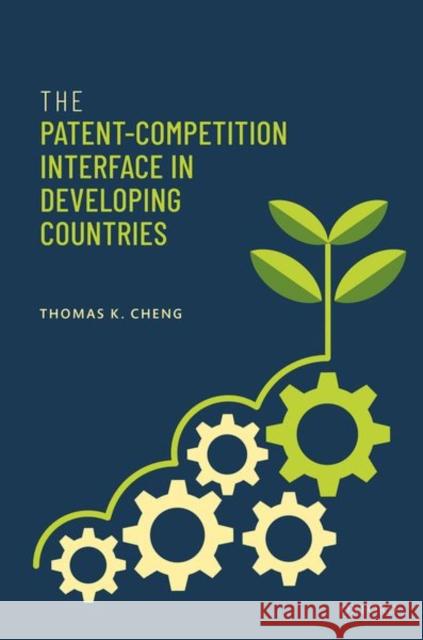The Patent-Competition Interface in Developing Countries » książka
topmenu
The Patent-Competition Interface in Developing Countries
ISBN-13: 9780192857354 / Angielski / Twarda / 2022 / 544 str.
Kategorie:
Kategorie BISAC:
Wydawca:
Oxford University Press, USA
Język:
Angielski
ISBN-13:
9780192857354
Rok wydania:
2022
Ilość stron:
544
Waga:
0.99 kg
Wymiary:
24.16 x 16.28 x 3.73
Oprawa:
Twarda
Wolumenów:
01
Dodatkowe informacje:
Bibliografia











